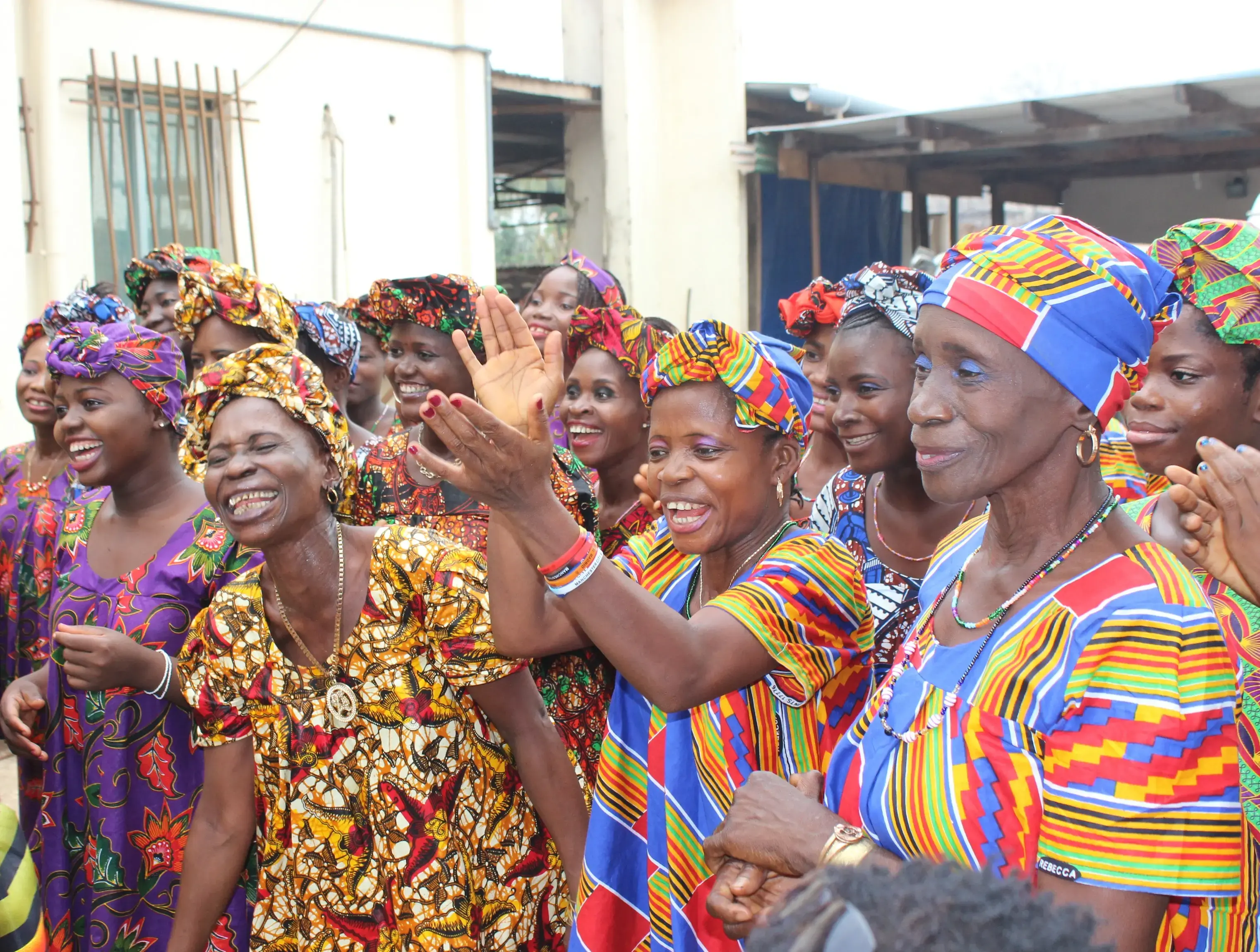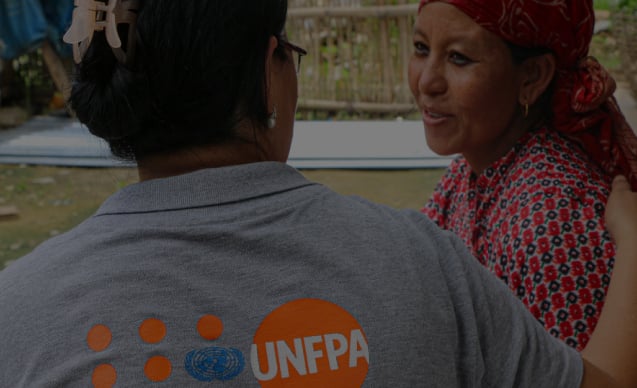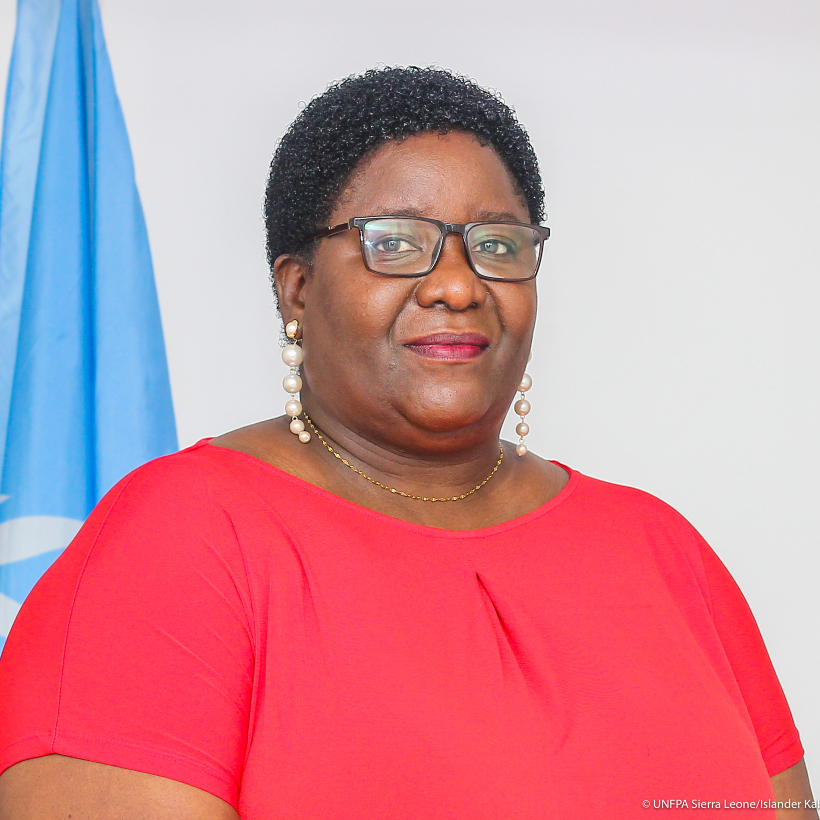Who we are
The population of Sierra Leone is estimated at 7.1 million (49.2 percent male and 50.8 percent female), with a growth rate of 3.2 percent per annum (census 2015). The population is generally young, with 40.8 percent aged below 15 years.
Maternal mortality in Sierra Leone is among the highest in the world. According to the 2019 Sierra Leone Demographic Health Survey the maternal mortality ratio (MMR) for Sierra Leone is 717 deaths per 100,000 live births which is still unacceptably high. The main causes of death are postpartum haemorrhage and unsafe abortions.
The 2019 SLDHS shows that 83 percent of births were delivered in a health facility. Health facility deliveries have increased from 25 percent in 2008 to 83 percent in 2018. Only, 16 percent of births are delivered at home. Critical shortages in skilled health workforce are prevalent, with staffing gaps for higher-skilled cadres such as doctors, specialist nurses, and midwives.
The total demand for family planning among married women is 46 percent, while 24 percent of married women have an unmet need for family planning. The contraceptive prevalence rate is 21 percent for married women age 15-49; 21 percent use a modern method and < less than 1 percent use a traditional method. The use of any family planning method by married women has increased from 8 percent compared to 2008.
Women in Sierra Leone have an average of 4.2 children. Fertility has declined from 4.7 children per woman in 2013. Twenty-one percent of women age 15-19 have started childbearing (i.e., they have already had a birth or are pregnant with their first child). A major consequence of child marriage and adolescent pregnancy is high maternal mortality and morbidity, including obstetric fistula. Anecdotal evidence indicates the number of obstetric fistula cases are as high as 2,496 based on initial modelling projections.
Gender-based violence is prevalent in Sierra Leone with 61 percent of women age 15-49 have experienced physical violence since age 15. The most common perpetrator of physical violence against ever-married women is a current husband/partner (72 percent). Eight percent of women age 15-49 have ever experienced sexual violence. Within the past year, 6 percent of women have experienced sexual violence. Sixty-one percent of ever-married women age 15-49 have experienced spousal violence whether physical, sexual or emotional by their husband or partner. Fifty percent have experienced recent spousal violence within the past year.
Female genital mutilation (FGM) is also prevalent with 83 percent of women aged 15-49 affected, which is among the highest rates in the sub-region. Challenges remain in the implementation of policies and frameworks for the protection of women and girls particularly in the adoption of a national anti FGM strategy.
In Sierra Leone, 1.7 percent of adults age 15-49 are HIV positive. HIV prevalence is higher in urban areas (2.3percent) than rural areas (1.2 percent).
Despite improvements in strengthening the national statistical system, high quality data collection, analysis and use is still a challenge, particularly at the decentralized district levels. There remains a compelling need to strengthen data collection and management.
Sierra Leone has experienced several humanitarian crises including Ebola virus disease outbreak, polio outbreak, COVID-19, flash floods and landslides resulting in displacement of people and deaths. These unfortunate occurrences placed huge burdens on an already overstretched and weak health system.




